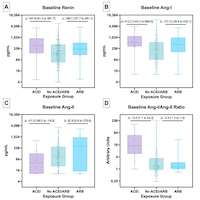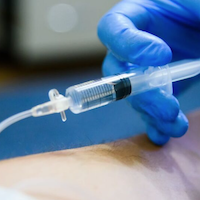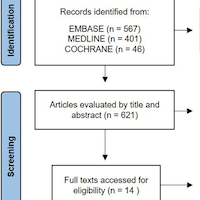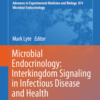Higher Dose Antibiotic Shown Safe in TB Patients Likely More Effective in Treating Deadliest Form of TB
hopkinsmedicine.org
A Johns Hopkins Children’s Center-led study in animals suggests that high doses of a widely used antibiotic called rifampin may safely treat and reduce the duration of treatment for the deadliest form of tuberculosis that affects the brain, potentially improving survival rates for patients and decreasing the likelihood of lasting adverse effects of the disease.
Additional studies in a small number of people also shed light on how rifampin moves through the body, including into the brain, and how rifampin levels could change during treatments, showing how the research could potentially translate to humans.
Treatments for TB meningitis are long and can take up to 12 months. Shorter regimens can lead to better compliance, lower costs, and better outcomes for patients, adds senior author Sanjay Jain, M.D., professor of pediatrics, and of radiology and radiological sciences at the school of medicine and a pediatric infectious diseases specialist at Johns Hopkins Children’s Center.
The standard therapy for TB meningitis is a combination of antibiotics, including rifampin, a 50-year-old drug that has been a mainstay in the global fight against TB and other bacterial diseases.




















